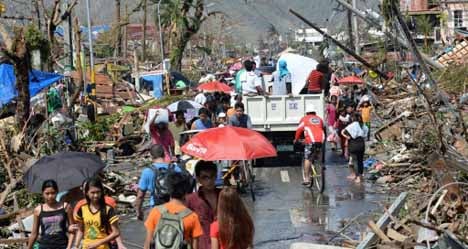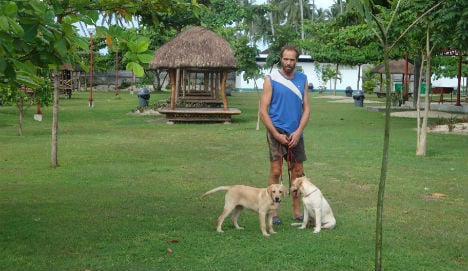Although Spain’s government announced on Monday that no Spanish citizens were thought to have been killed, ten tourists and four residents still remain out of contact.
Spanish Foreign Affairs Minister José Manuel García-Margallo told a press conference there was no need to be “too alarmed” because of the severe telecommunications infrastructure issues affecting the former Spanish and American colony.
García-Margallo announced that Madrid’s consular emergencies lobby was trying in every way to reach the fourteen Spaniards still missing and that Spain offered “full availability” to the Philippines to help in whatever means possible.
Up to 100,000 people are feared dead after Haiyan swept through the central Philippines, with the city of Tacloban, battered by huge waves, perhaps the worst affected location.
Spain sent two airplanes with emergency supplies to the Philippines on Monday, the country’s Secretary of State for International Cooperation Jesús Gracía announced.
Super Typhoon Haiyan, which made landfall in Vietnam early on Monday, was a category 5 typhoon — the highest level — when it hit the Philippines on Friday.
Wind gusts of 389kph (235mph) were recorded by the US navy, making this the fourth largest typhoon ever recorded.



 Please whitelist us to continue reading.
Please whitelist us to continue reading.
Member comments